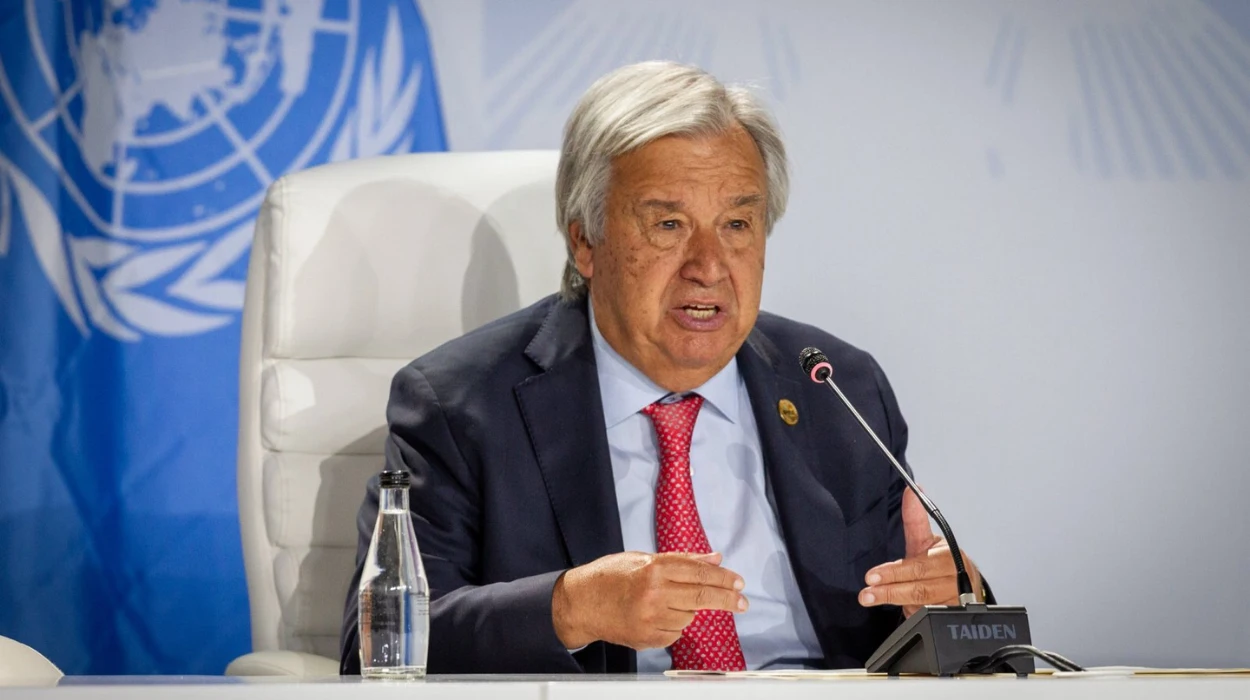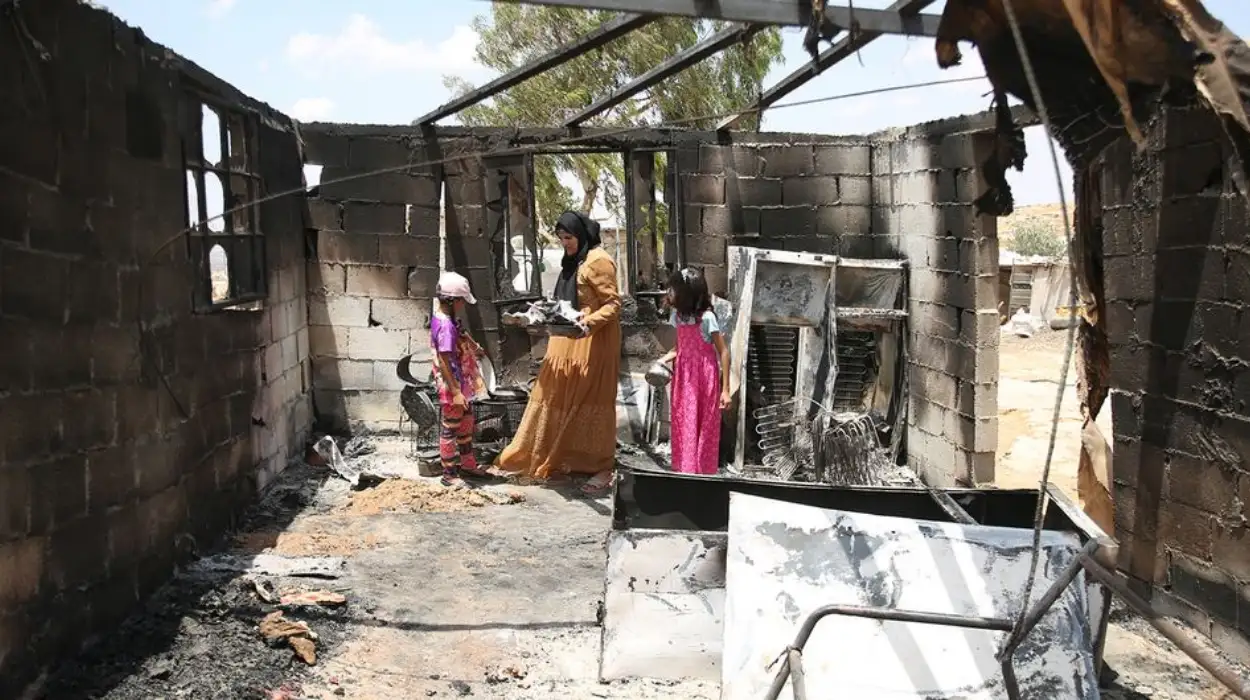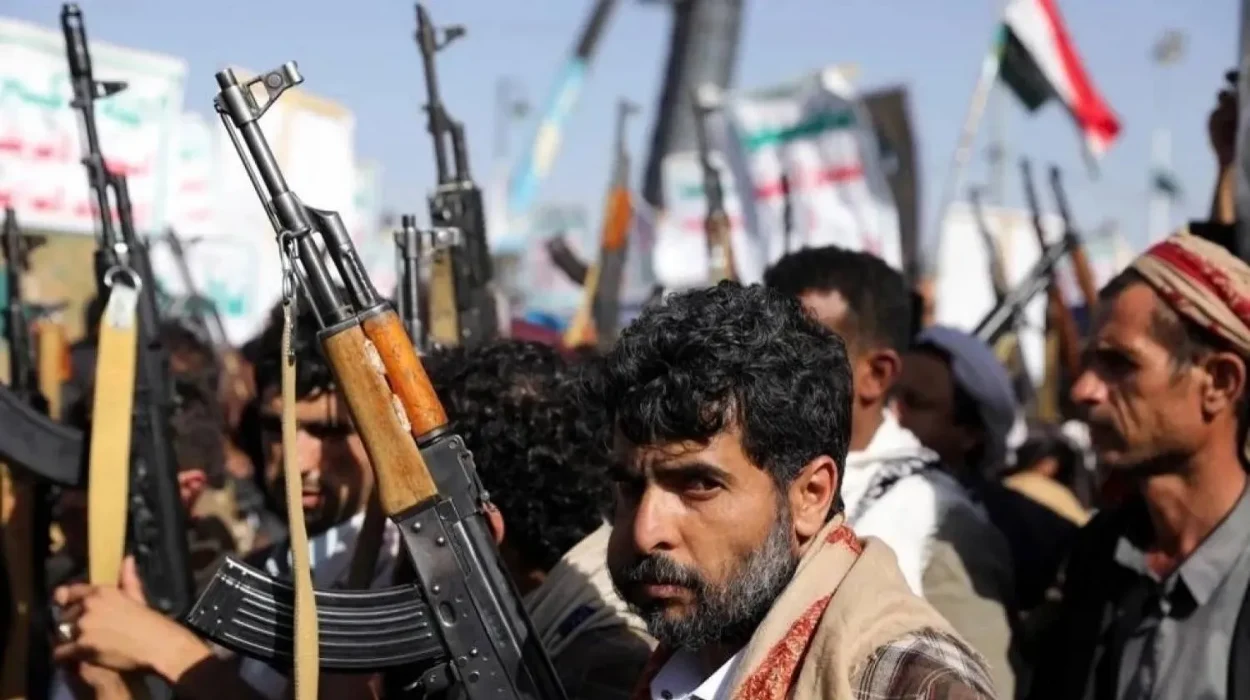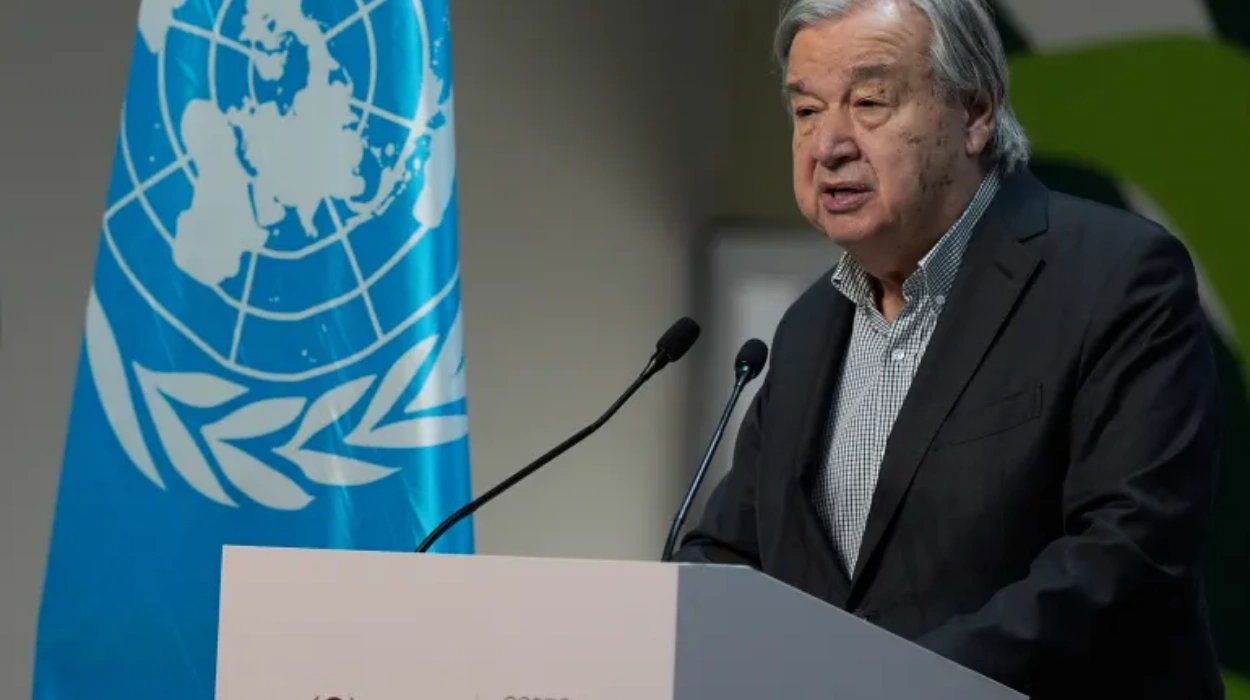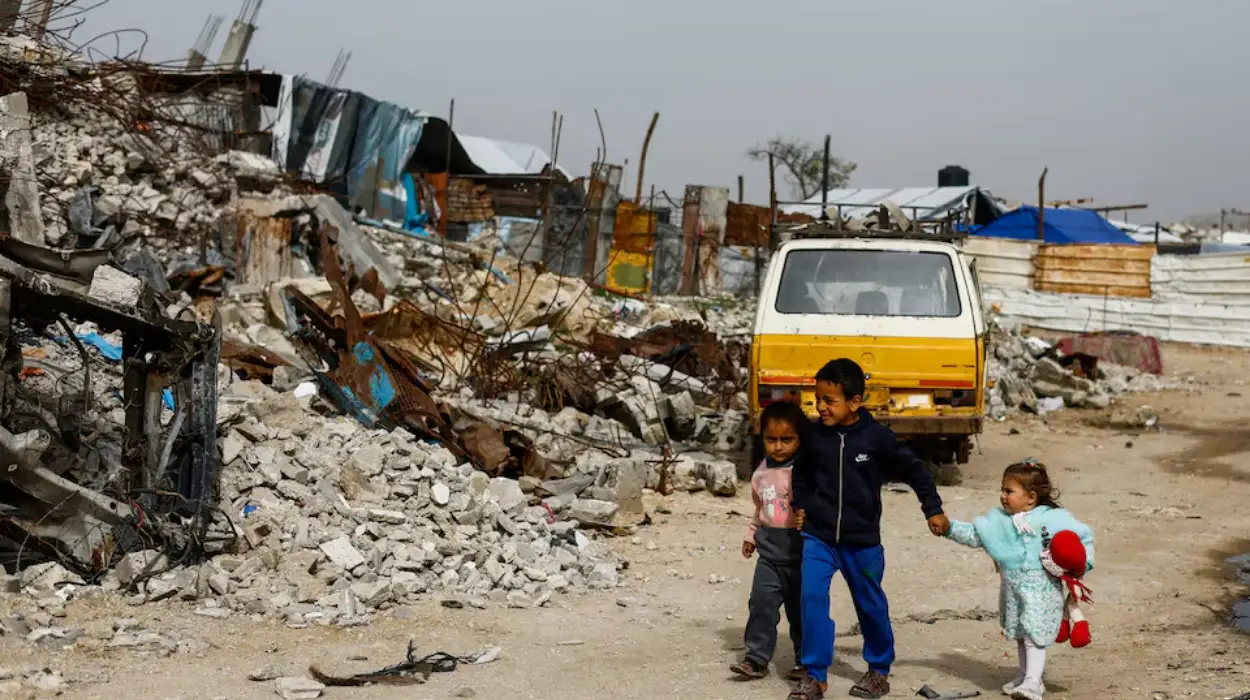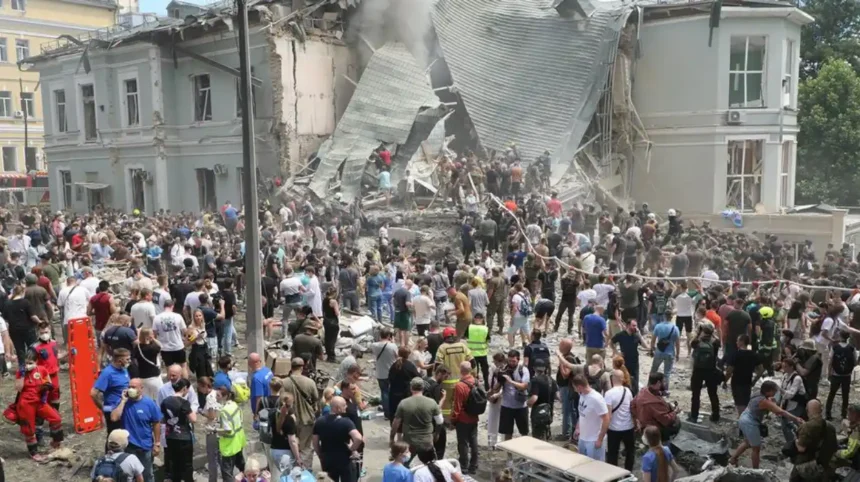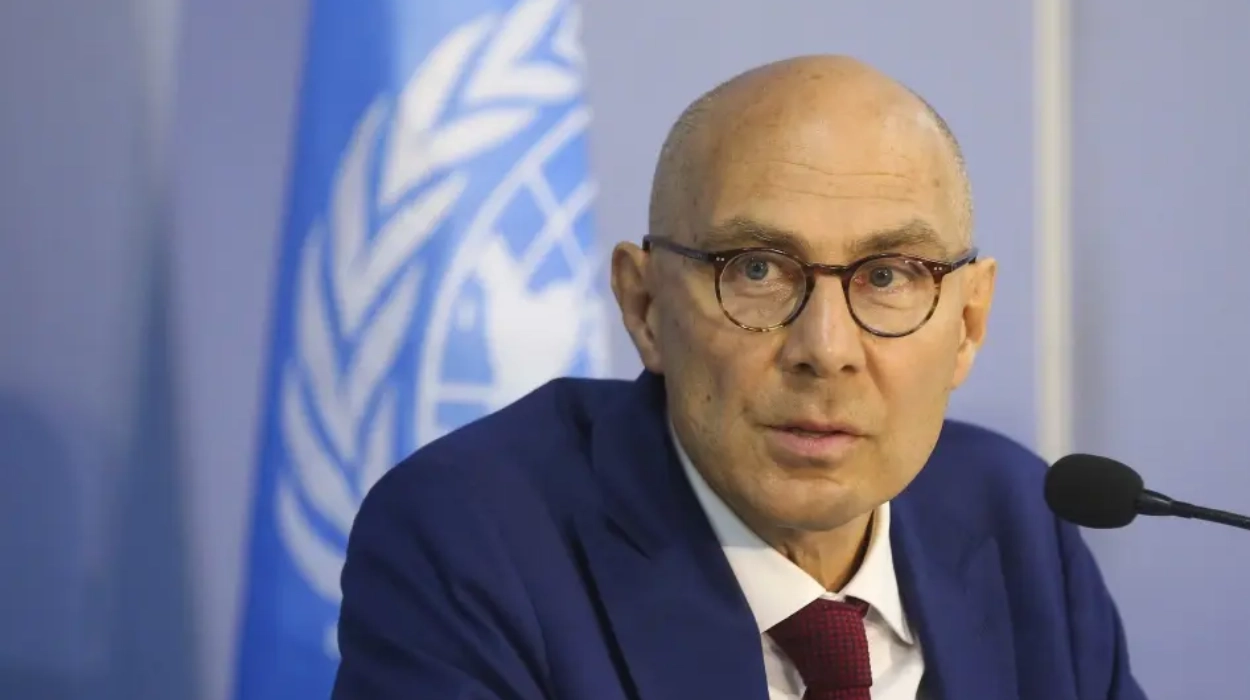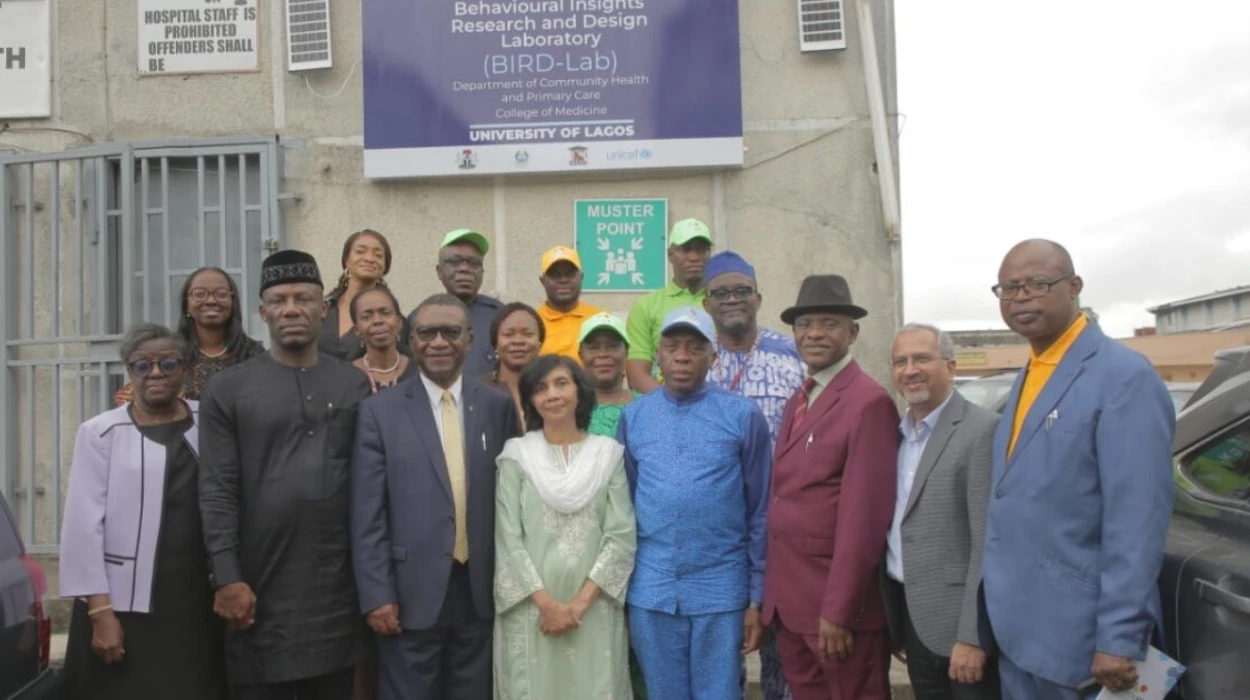The ongoing conflicts in Gaza and Sudan starkly illustrate a disturbing trend: health systems and the very workers dedicated to protecting civilian populations are increasingly under attack. According to the United Nations Population Fund (UNFPA), the assaults on hospitals, health centers, ambulances, and health personnel are not incidental but inflict profound consequences on public health, particularly affecting women and children who rely on these services the most.
In Gaza, UNFPA reports over 720 attacks on healthcare facilities since October 2023, with at least 1,580 health workers killed and many more injured or detained. The destruction of critical hospitals—including facilities that treat severe acute malnutrition—, ambulances, and maternity clinics has pushed Gaza’s fragile health system to the brink of collapse. Only 19 out of 36 hospitals remain operational, many under extreme shortages of fuel, medicines, and staff.
These attacks have led to a dramatic drop in births, with a 41% reduction compared to previous years, and a surge in neonatal and maternal mortality. Health workers recount situations of delivering babies in hospital hallways under bombardments, struggling amidst fuel shortages and trauma, underscoring the grave humanitarian consequences.
Similarly, Sudan has witnessed a sharp rise in attacks on health infrastructure amid ongoing armed clashes between Sudan Armed Forces and Rapid Support Forces since April 2023. Save the Children and UNFPA data indicate that nearly 1,000 people were killed during healthcare-related attacks in just the first half of 2025.
Escalating attacks on health systems in conflict zones: Gaza and Sudan in focus
Report after report published by UNFPA reveals a grim reality of healthcare infrastructure becoming targeted in warfare, notably in Gaza and Sudan. In Gaza, since late 2023 and throughout 2025, health facilities have increasingly faced direct bombardment and operational paralysis due to fuel and supply shortages. The World Health Organization (WHO) has documented over 720 attacks on healthcare facilities in Gaza since October 2023, including hospitals, clinics, and ambulances, leading to heavy casualties among health workers and patients (UNFPA Gaza Report, 2025). Similar patterns are evident in Sudan, where armed clashes devastate Khartoum, Darfur, and other regions, leaving over 80% of health care centers non-operational and endangering both health workers and humanitarian missions (UNFPA Sudan Report, 2025).
These repeated attacks constitute grave violations of international humanitarian law principles, which protect medical personnel and facilities as neutral and civilian objects in conflict. Yet the persistence of such violations—often indiscriminate or deliberate—reflects a strategic erosion of healthcare capacity that gravely undermines civilian survival and well-being.
Impact on reproductive health: Morbidity and mortality among women and newborns
UNFPA’s reports highlight a catastrophic deterioration in reproductive health outcomes linked directly to the destruction and dysfunction of healthcare services. In Gaza, births have sharply declined, with only 17,000 recorded in the first half of 2025 compared to 29,000 in the same period of 2022, marking a staggering 41% reduction. Newborn and maternal mortality rates have surged due to lack of emergency obstetric care, fuel shortages hampering hospital operations, and interruptions in referral systems vital for safe deliveries. Premature births, low birthweight infants, and neonatal intensive care admissions have soared, while many women were forced to give birth outside of health facilities in unsafe conditions.
Similarly, Sudan faces a dire reproductive health crisis as conflict disrupts essential services. Over 251,000 pregnant women displaced by conflict lack access to safe childbirth and antenatal care. The destruction of key facilities like Ibrahim Malik Hospital in Khartoum, coupled with widespread attacks on female health workers and clinics, compounds risks of maternal morbidity and mortality. The pervasive use of sexual violence in conflict zones further intensifies reproductive and mental health burdens (UNFPA Sudan Report, 2025).
These reproductive health tragedies reveal not only failures of infrastructure but also deep social trauma affecting families and communities, highlighting reproductive health as a critical humanitarian priority that is endangered by conflict-driven attacks.
Operational challenges for humanitarian and health workers
Delivering health services amid conflict poses extreme challenges. UNFPA and affiliated agencies report critical shortages of essential medicines and equipment, including portable incubators, ultrasound machines, and obstetric kits. In Gaza, more than 190 trucks of maternal health supplies have been stranded at border crossings since early 2025, severely restricting the replenishment of medical stocks (UNFPA Gaza, 2025). Fuel shortages paralyze many medical facilities, compromising electricity-dependent units and refrigeration for vaccines and blood products.
Health workers operate under constant threat. Accounts from midwives in northern Gaza describe delivering babies in hallways amidst bombardments, while Sudanese doctors recount performing surgeries under shelling in Khartoum, with some health personnel killed or kidnapped in attacks. The strain of these impossibly dangerous conditions undermines workforce morale and reduces capacity, precisely when demand for services surges due to conflict-related injuries and displacement (UNFPA, 2025).
The volatility of access poses logistical nightmares for aid delivery. Displaced populations in remote conflict zones remain cut off, with humanitarian corridors often blocked or insecure. Coordination between UN agencies, local health providers, and international NGOs is critical, yet hampered by insecurity and resource shortages.
International obligations and calls for action
The targeting of health workers and facilities is a blatant violation of international humanitarian law, specifically the Geneva Conventions and their Additional Protocols, which explicitly protect medical personnel and infrastructure in armed conflict. UNFPA and other global organizations repeatedly call on all parties to hostilities to respect these legal norms and to ensure unimpeded, safe passage of humanitarian aid and medical supplies (UNFPA Statement, 2025).
The United Nations Security Council and Human Rights Council have condemned such attacks, but enforcement and preventive measures remain weak in many conflict zones. The frequency and severity of violations in Gaza, Sudan, and elsewhere demand enhanced monitoring, accountability through international criminal mechanisms where applicable, and robust protection mandates for health workers.
Beyond condemnation, the international community faces pressing needs to increase funding for reproductive health programs in conflict zones. UNFPA reports significant funding gaps for 2025 operational needs—only about a third of required funds have been received for Sudan, risking interruption of services for millions of women and girls. Donor countries and humanitarian agencies are urged to prioritize reproductive health in emergencies and mobilize swift support to sustain care amidst growing crises (UNFPA Sudan Situation Report, 2025).
Protecting health systems as a priority for human security
The ongoing wars in Gaza, Sudan, and other conflict-affected regions exemplify a tragic assault on the very systems dedicated to preserving life and dignity. Health workers, hospitals, ambulances, and clinics, once presumed safe zones, are increasingly targeted deliberately or through reckless disregard—degrading essential public health infrastructure and exacerbating mortality, especially among vulnerable populations.
UNFPA’s reports illuminate the cascading effects of such attacks on reproductive health outcomes, highlighting alarming declines in births and rising maternal and neonatal deaths. These outcomes reveal the intersection of violence, starvation, trauma, and health system collapse—a multi-dimensional catastrophe that demands urgent international response.
Effective humanitarian interventions hinge on securing safe access to health facilities, guaranteeing protections for health personnel, and resolving funding shortfalls that impair service delivery. Upholding international humanitarian law and prioritizing reproductive and maternal health services in conflict zones are indispensable to breaking cycles of suffering.
Ultimately, protecting health systems constitutes a fundamental pillar of human security and peacebuilding. Concerted global efforts to prevent attacks on medical infrastructure and workers, alongside expanded support to sustain vital health services, are critical imperatives for mitigating the profound human toll of modern conflicts.


